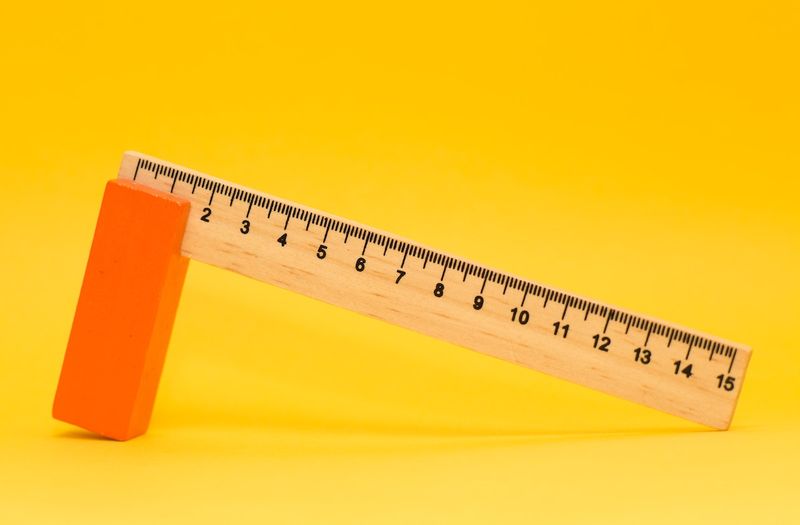Colton from Hedgehog here. Hedgehog is the simplest way to execute a complex crypto strategy. We help you manage risk to balance the upsides and downsides of your investment portfolio.
I assume you want to make money during bull markets and avoid losing too much during bear markets (e.g. right now). No one can honestly promise you a guarantee, myself included, but there are methods that might mitigate the madness. We try to include those methods in Hedgehog.
Risk is as risk does
Risk is a theme that I've touched on frequently. After discussing when risk is good, I mentioned a followup topic:
…now that we've helped you think about what proportion of your cash you should invest in which kinds of assets, maybe it's time to think about how much cash, total, you should invest. To really understand that, we'll have to talk to you about fixed costs, variable costs, amortization, and the Kelly criterion.
The question is, how much of your money should you invest, period? Regardless of the assets you plan to buy.
First let's define those terms I mentioned:
- Fixed costs are expenses that do not change based on your activity, such as rent. Your rent stays the same regardless of whether you go on vacation.
Perhaps obviously, it's unwise to risk the money you'll need to cover your fixed costs. Store these funds in a checking account… or a reliable stablecoin if you're feeling frisky. (Admittedly, "reliable stablecoin" begs the question.) - Variable costs fluctuate based on your activity. For example, your water bill will be lower if you're off taking showers at a hotel in Paris instead of at home, but then your discretionary travel budget could be overtaxed.
Assess the likely fluctuation of your variable costs, and keep enough cash on hand to cover the higher end of that estimate. Again, a low-risk option is your friend. - Amortization means accounting for the cost of an asset over the lifetime of that asset. Let's say instead of flying to Paris, you buy an RV for some epic road-tripping. The cost of this RV, including depreciation, maintenance, and insurance, can be spread over the lifespan of the RV. (Amortization also applies to loans.)
Sometimes, when all is said and done, a lease can be less expensive than a loan once you've calculated the costs of owning. Will you truly get enough use out of the RV to justify the long-term costs of owning it? Where are you gonna keep that thing, anyway? - Finally, the Kelly criterion is a formula for determining the optimal size of a series of bets vis-a-vis the gambler's total bankroll. It indicates how much you ought to risk given the probability of success and the odds on offer. When it comes to investing in real businesses (versus games of chance), it's tricky to define precise inputs for the formula, but the Kelly criterion can still guide your thinking about capital allocation.
The key insight to keep in mind: If you bet too much, and lose, you won't be able to make back what you lost in subsequent bets. But if you bet too little, and win, you leave money on the table and will struggle to garner equivalent gains going forward. Try to position yourself to benefit from volatility without leaving an opening for devastating losses.
As with everything in life, you need balance. A healthy amount of liquid cash, available for unforeseen expenses or opportunities, can protect you from being forced to sell investments under inopportune circumstances, or from watching a great deal sail by without you. At the same time, indiscriminate hoarding of cash carries the opportunity cost of potential appreciation in investment value.
The rule of thumb is to always have three to six months' worth of expenses in cash on hand for emergency purposes. This amount can differ depending on various factors such as job security, income variability, and individual risk appetite.
But once this safety net is established, how much of the remainder should you invest? The Kelly criterion points to the answer: Enough that your wins will be significant, but not so much that you might find yourself irrevocably rekt and left without any reserves.
Quick Hits
Everyone's buzzing about the SBF trial, but aside from that:
- Visa Taps Solana For Merchant Settlements In USDC
- Manifold Trading Admits Friendtech Key Launch Was Inside Job
- Stablecoin issuer Circle weighs in on SEC case against Binance
- Caught in the Act: Do Kwon Boasts About Thin Air Transactions
What's up with you, what are you working on? Reply to let me know.
Keep hedging,
— Colton
To get future newsletters delivered straight to your inbox every week, sign up here! Check out past newsletters in the complete archive.






